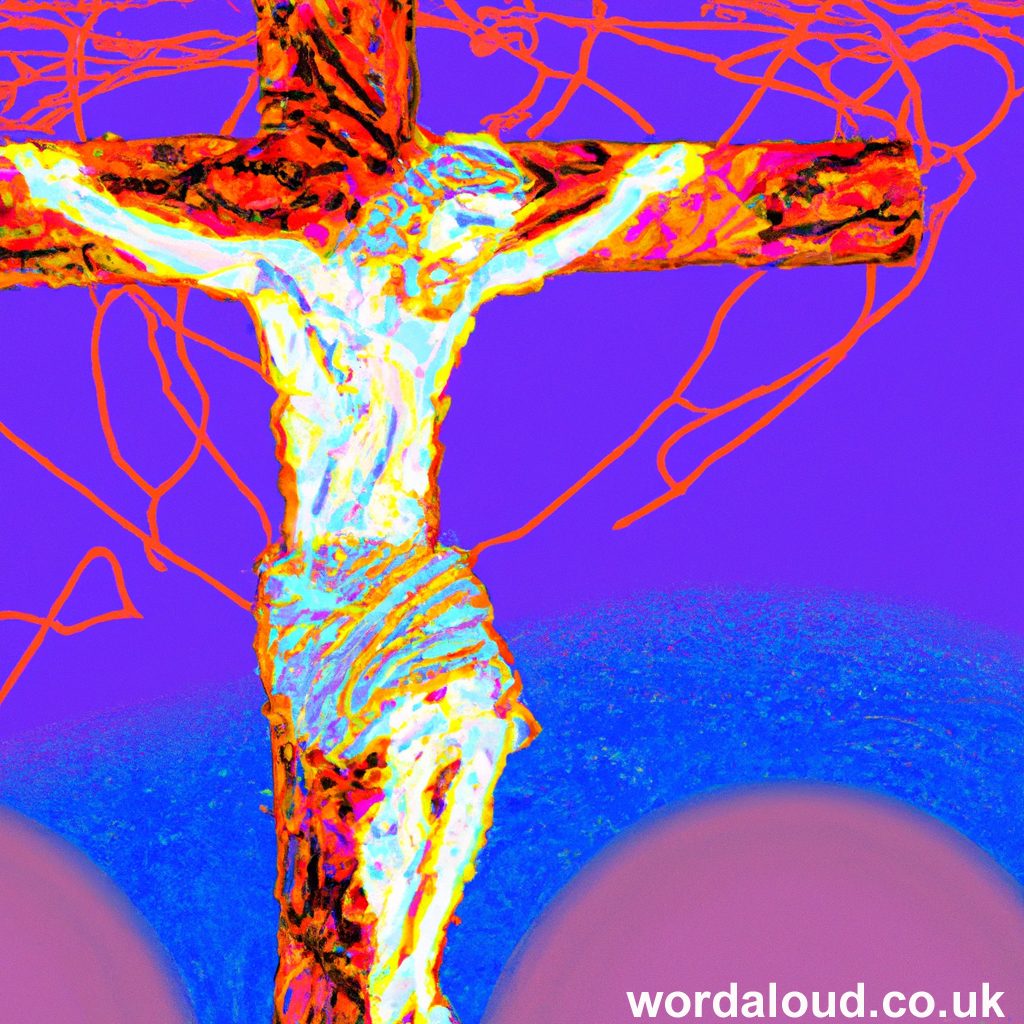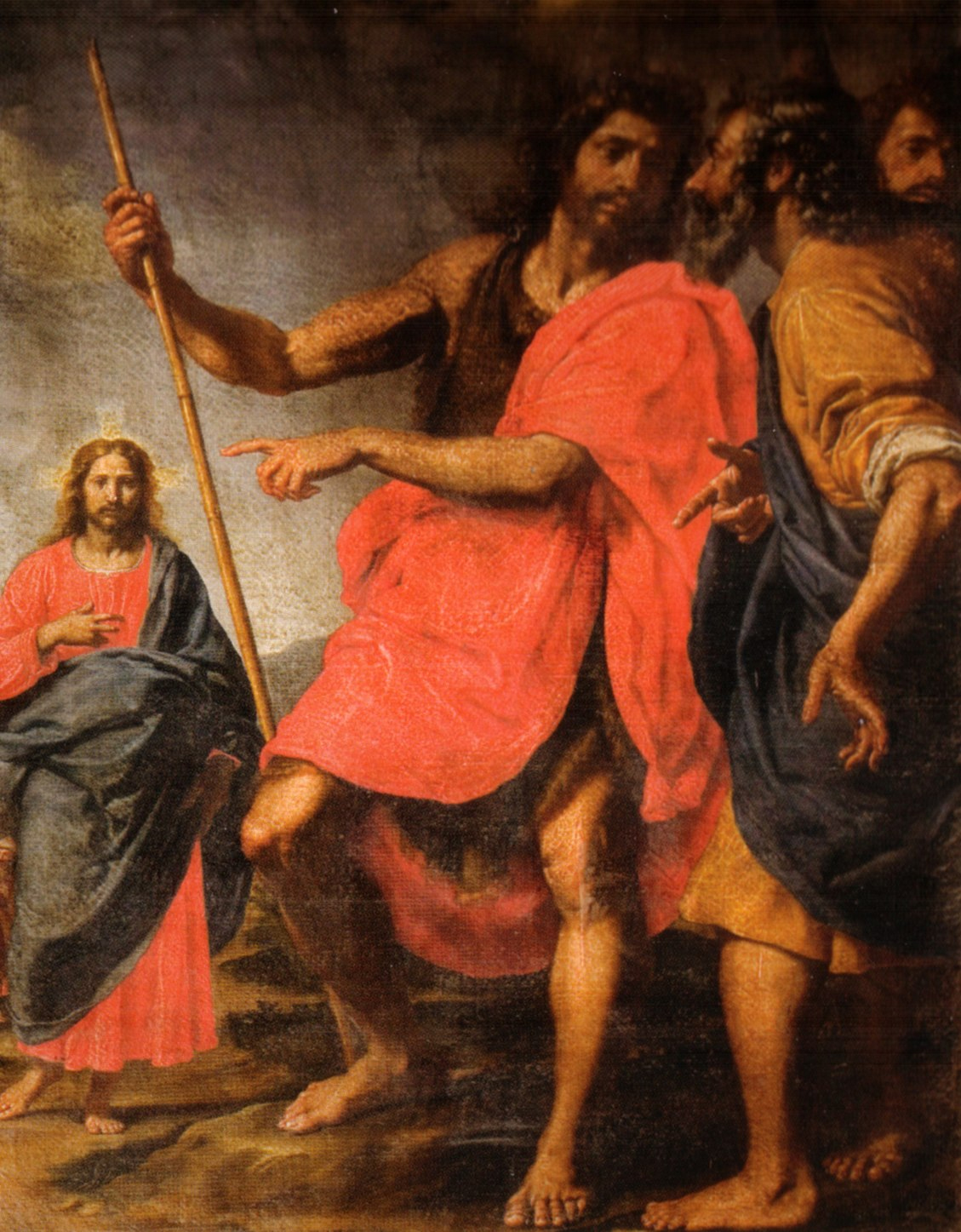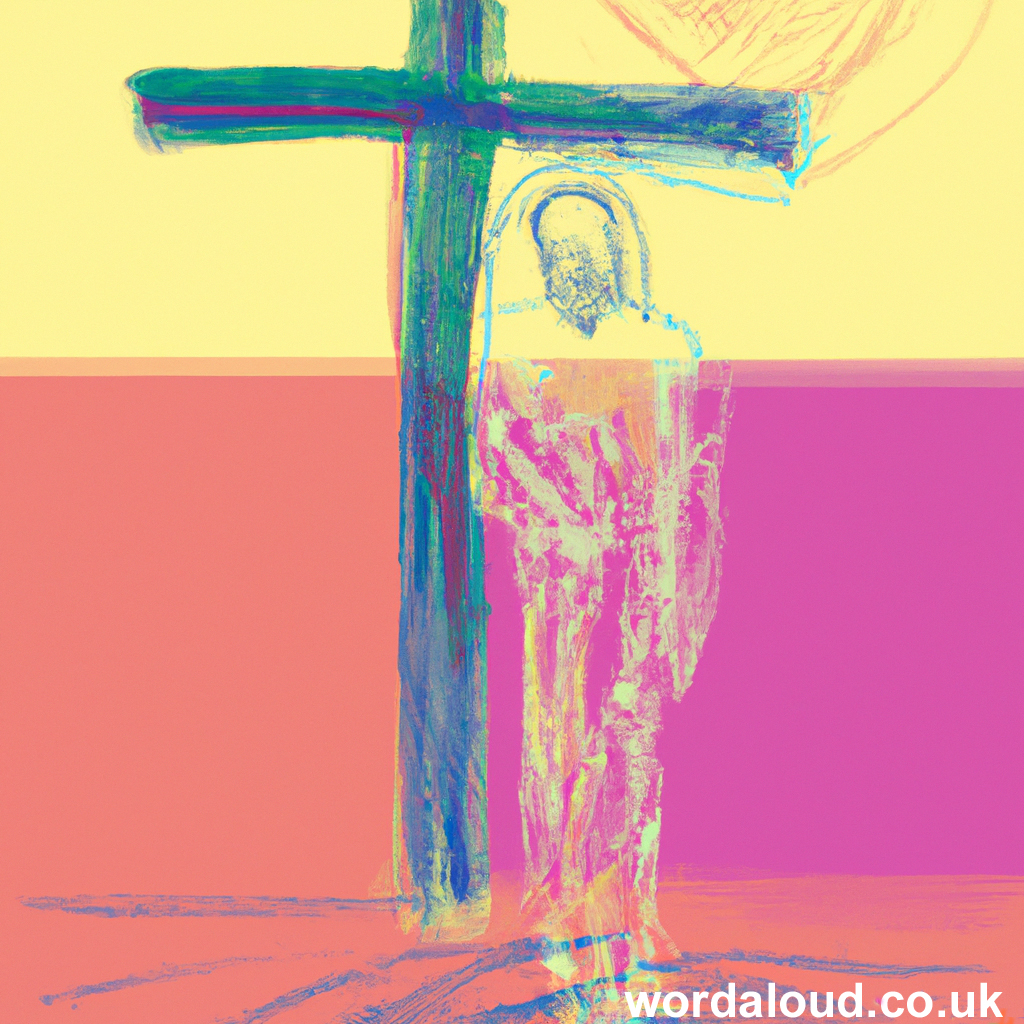Christian Art | George Herbert | The Temple | The Church | Sighs and Grones
George Herbert | The Temple | The Church | Sighs and Grones
O do not use me
After my sinnes! look not on my desert,
But on thy glorie! then thou wilt reform
And not refuse me: for thou onely art
The mightie God, but I a sillie worm;
O do not bruise me!
O do not urge me!
For what account can thy ill steward make?
I have abus’d thy stock, destroy’d thy woods,
Suckt all thy magazens: my head did ake,
Till it found out how to consume thy goods:
O do not scourge me!
O do not blinde me!
I have deserv’d that an Egyptian night
Should thicken all my powers; because my lust
Hath still sow’d fig-leaves to exclude thy light:
But I am frailtie, and already dust;
O do not grinde me!
O do not fill me
With the turn’d viall of thy bitter wrath!
For thou hast other vessels full of bloud,
A part wherof my Saviour empti’d hath,
Ev’n unto death: since he di’d for my good,
O do not kill me!
But O reprieve me!
For thou hast life and death at thy command;
Thou art both Judge and Saviour, feast and rod,
Cordiall and Corrosive: put not thy hand
Into the bitter box; but O my God,
My God, relieve me!

![]()
George Herbert | The Temple | The Church | Sighs and Grones
The poem offers Herbert’s desperate plea for divine mercy, structured as a series of direct appeals to God. The repeated cries of ‘O do not’ introduce a layered exploration of sin, justice, and grace, where Herbert acknowledges personal failure while seeking deliverance.
The first stanza establishes Herbert’s profound self-abasement. He acknowledges his unworthiness before God, calling himself a ‘silly worm’ in contrast to God’s might. The image of a ‘worm’ emphasizes human frailty and insignificance. Yet, Herbert asks God not to deal with him according to his sins but instead according to divine glory, implying that God’s justice and mercy are inseparable from divinity.
In the second stanza, Herbert shifts to the metaphor of stewardship. He confesses having mismanaged the gifts entrusted to him – ‘abused thy stock, destroyed thy woods’ – suggesting spiritual neglect or moral wastefulness. The phrase ‘my head did ache’ underscores Herbert’s guilt, implying both emotional torment and a realization of wrongdoing. Despite this failure, the plea is for correction rather than destruction — a call for divine discipline over total condemnation.
The third stanza introduces the metaphor of blindness, drawing from biblical imagery of spiritual darkness. The ‘Egyptian night’ recalls the plague of darkness from Exodus, a divine punishment for rebellion against God. Herbert equates his sinful state with a similar darkness, where moral corruption has obscured divine light. The phrase ‘fig leaves to exclude thy light’ echoes the Fall in Genesis, where Adam and Eve used fig leaves to hide their shame. Herbert admits his vulnerability, describing himself as ‘frailty’ and ‘dust’, emphasizing human mortality and dependence on divine mercy.
The fourth stanza introduces the imagery of divine wrath as a ‘turned vial’ filled with bitterness, a reference to the biblical concept of God’s judgment being poured out from a cup or vial (Revelation 16). Herbert appeals to the atoning sacrifice of Christ, who ‘emptied’ a vessel of suffering on humanity’s behalf. By referencing Christ’s bloodshed ‘even unto death’, Herbert makes a theological argument for mercy grounded in the completed work of redemption, highlighting substitutionary atonement as the basis for his plea.
The final stanza presents a tension between God’s dual roles as ‘Judge and Saviour, feast and rod, cordial and corrosive’. These paired contrasts reflect the complexity of divine justice and mercy. Herbert does not ask for a denial of divine authority but pleads for its merciful application. The ‘bitter box’ image suggests a container of severe punishment, but the closing repetition of ‘my God, relieve me!’ resolves the poem with a direct, heartfelt cry for deliverance.
Through the poem, Herbert’s tone remains reverent yet urgent, emphasizing dependence on divine mercy rather than entitlement to grace. The repetitive structure heightens this emotional intensity, while consistent use of biblical references underscores the theological grounding of the plea. Herbert highlights a paradox of divine justice—both severe and compassionate—while emphasizing hope of grace through Christ’s sacrifice. The poem explores the profound human need for forgiveness in the face of divine holiness.








